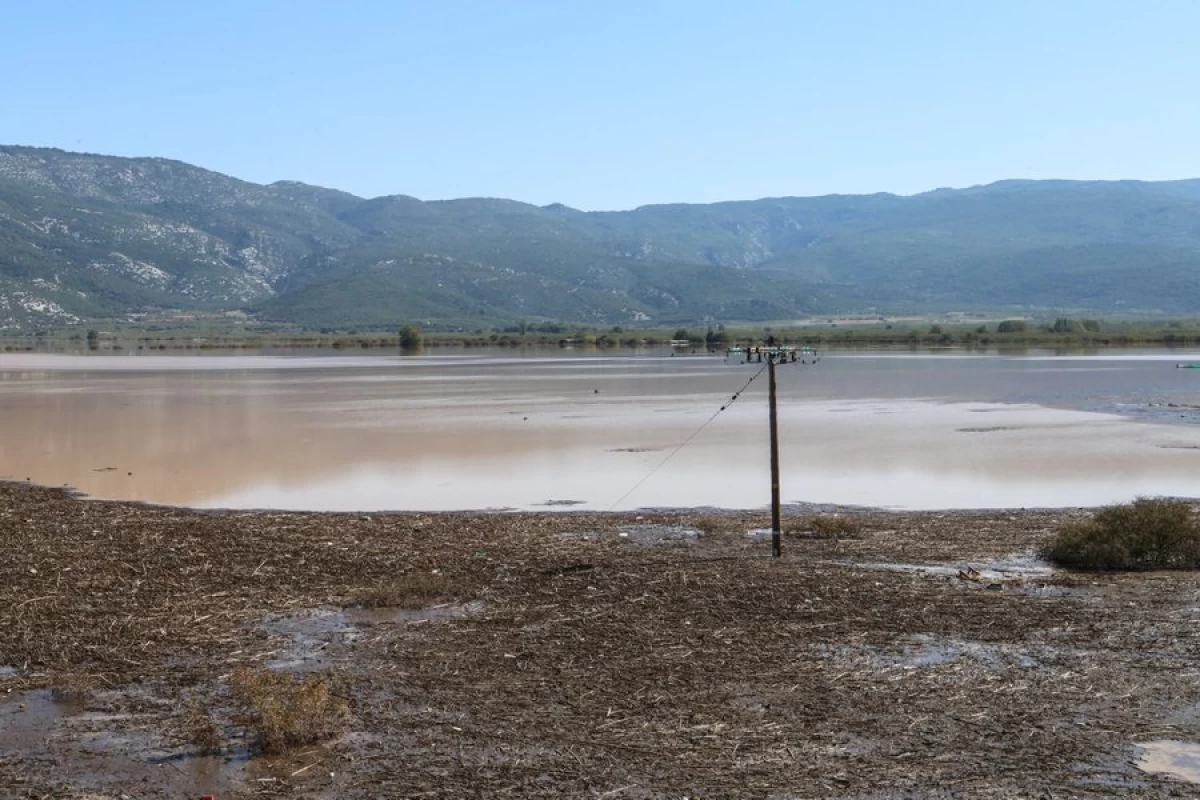Floods are a natural disaster that can have serious implications for the environment and agriculture. In Thessaly, a region in central Greece, floods have affected soil fertility, negatively impacting agricultural production. In this article, we will examine the effects of these natural disasters on the soil and the challenges that farmers in the region face.
Impact of Floods on Soil Fertility Floods can lead to soil erosion, as the strong water flow can remove the surface layer of soil. This can negatively affect soil fertility, as the surface becomes less suitable for plant growth. Additionally, floods can transport acids, chemicals, and other harmful elements that can pollute the soil and reduce its fertility.
The Effects of Flooding on Fields Significant variations in the effects of flooding on fields were observed depending on the topography and location.
Five samples of sediment/mud materials were collected in the areas of Chalki and Platycampos to assess the concentration of heavy metals and other physicochemical properties that affect soil fertility.
In the area near the "Gkousbasaniotis" river in Nea Lefki, the loss of fertile surface soil due to the intense water movement during heavy rainfall was observed over extensive areas.
Source: iefimerida.gr - Thessaly: Floods affected soil fertility - What the initial measurements in the mud showed [images] - iefimerida.gr
Addressing the Problem To mitigate the effects of floods on soil fertility, preventive and recovery actions are required. Installing drainage networks can help remove excess water, and the use of suitable plant species can improve soil structure and quality. Before we proceed with the use of appropriate plant species that can enhance soil structure and quality, we need to understand the mechanical and chemical composition of the soil.

 Ελληνικά
Ελληνικά
